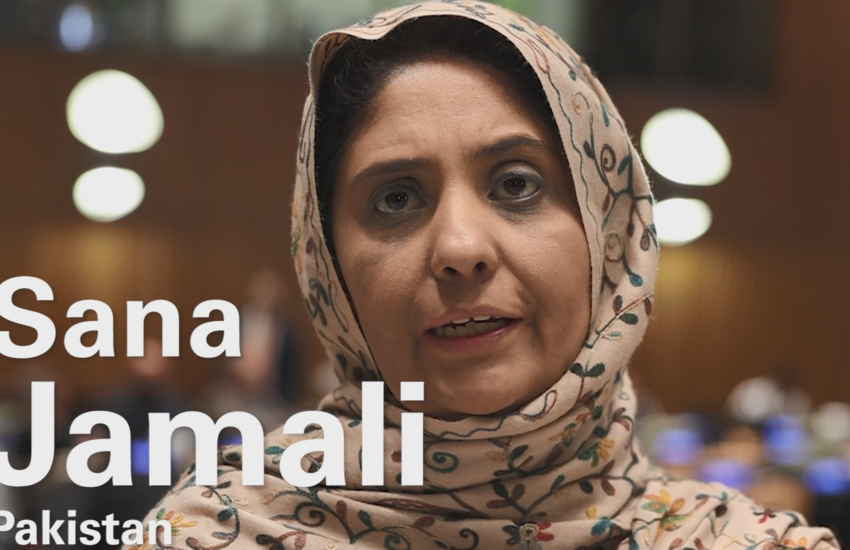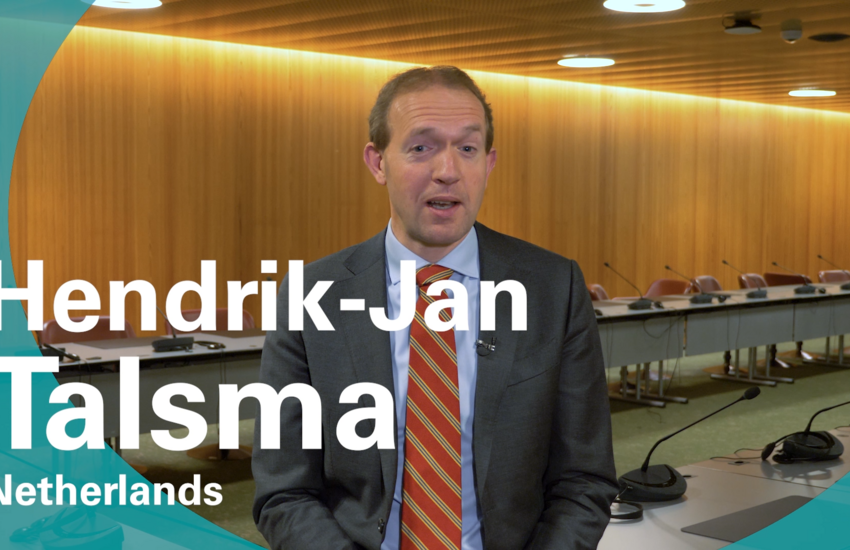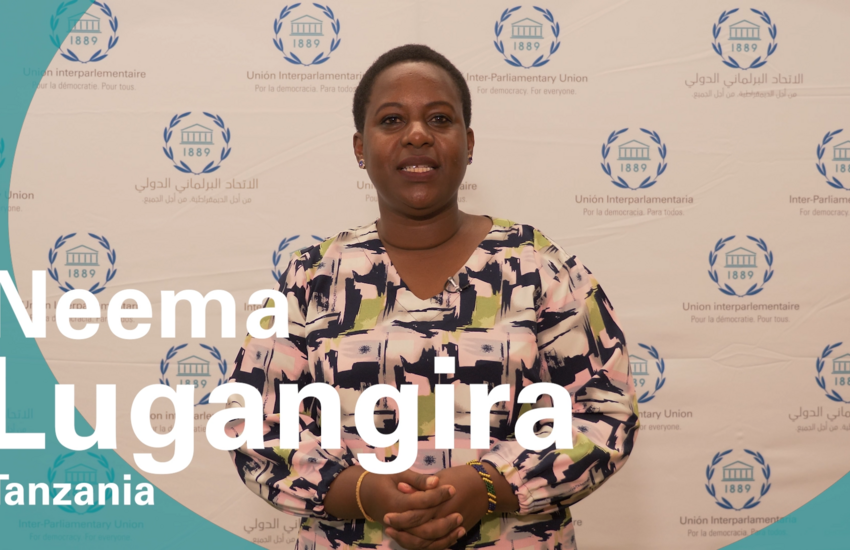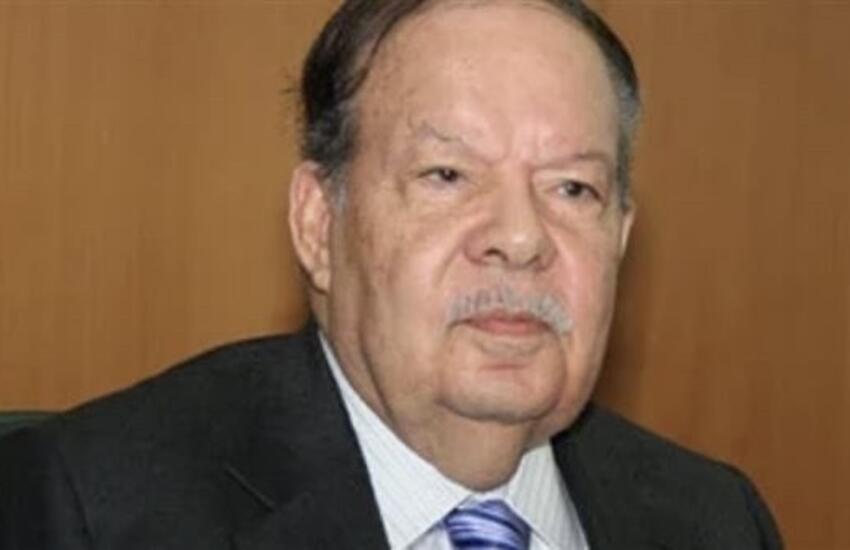Democracy is not an easy concept to measure, but when the IPU and partners produced the Indicators for Democratic Parliaments, several parliaments tested out this self-assessment toolkit, including Pakistan’s upper house, the Senate.
Since independence in 1947, Pakistan’s democratic credentials have often been under pressure. Despite multiple efforts to establish democratic systems, the consolidation of democratic norms and practices has been a challenge. By assessing its own strengths and weaknesses, the Pakistani Senate generated 14 recommendations for itself to become more effective.
Development of the self-assessment toolkit began in 2019, with the IPU partnering with a host of parliamentary organisations and other important stakeholders. Participating in a focus group to discuss an early version, a staff member of the Parliament of Pakistan saw the potential for his country and proposed a self-assessment. The idea rapidly gained political support in the Senate.
The self-assessment is based on 25 Indicators, each one with several criteria. The indicators are grouped into seven targets, matching the language used in targets 16.6 and 16.7 of the UN’s sustainable development goals.
The Senate put together a steering committee of three senators, who worked closely with the Senate’s Secretary General and with support from the Senate secretariat, including its parliamentary digital development unit (PDU).
With limited time and competing priorities, setting aside time to complete the work was a struggle for senators and parliamentary staff. Meanwhile, the requirement to find evidence for almost 500 criteria made the task even more complex and challenging.
But three months after the initial decision to self-test, the process was complete. Comments and feedback had been incorporated into a single document – including the evidence, grades and recommendations for change – and submitted to the Senate Chairman for approval.
Some Senators said that the true significance of the assessment had revealed itself throughout the process, which included a thorough review of administrative capacities, accessibility standards and the working environment, as well as of the openness, inclusivity and transparency of parliamentary operations.
The Parliament discovered that it was able to call upon its own parliamentary staff and take ownership of the assessment, making it a more strategic document that responded to its needs.
Most importantly, the Senate identified the 14 opportunities below to strengthen the institution, of which at least five related directly to gender equality:
- Establishing a Parliamentary Budget Office
- Establishing a Bureau as the collective governing body of Parliament, with representation from both houses
- Strengthening the role of Parliament in the appointment of Ministers and Cabinet members
- Strengthening of the role of the Senate with respect to the Money Bill, with special reference to the role of Senators in proposing amendments to the Money Bill and approving the budget
- Ensuring that Pakistan’s national legal framework is consistent with international human rights obligations
- Introducing a constitutional or legal provision related to conflicts of interest, which would require lawmakers to declare sponsored travel and accommodation
- Regulating the practice of lobbying by individuals or groups, each with varying and specific interests, which attempt to influence decisions taken at the legislative level
- Establishing legal provisions relating to equal physical and online access to the parliamentary building, its processes and proceedings, for all citizens, regardless of disability or other special needs
- Developing an impact assessment manual, guide or similar document that establishes procedures and criteria for assessing the impacts that a proposal for a law, a programme or a policy might have on different groups, and potentially entrusting such assessments to a dedicated body
- Devising policies and/or plans on gender mainstreaming and considering the gender lens when formulating parliamentary policies
- Holding workshops or dialogue sessions for Senators and Secretariat staff on bringing gender-responsive budgeting into the mainstream
- Periodically assessing gender balance in the Secretariat in order to ensure the effectiveness of related policies, particularly at senior levels
- Amending the Senate’s rules of procedure to enable Senators and Secretariat staff to care for young children during the conduct of legislative business, and introducing online voting and video-conferencing facilities to help senators and staff with caring responsibilities to exercise their duties
- Introducing childcare facilities for Senators and Secretariat staff
The IPU, in matters of democracy and parliamentary strengthening, does not dictate but rather facilitates so that parliaments drive the process, therefore fostering a sense of ownership and legitimacy. Pakistan is a case in point.











